A reflection on fleeting emotion; the struggle of converting empathy into action
You press play on a video to view a woman narrating her experience as a victim of domestic violence. You see her tears. Her bruises. The way she holds herself firmly, as if at any moment, someone would tear away another piece of her.
At a restaurant, you see another woman. She shares the same emotionless expression on her face. You recognize the bluish green hues from bruises that peer out from underneath her sleeves. The sight is painful. ‘I hope this never happens to anyone I know,’ you think.
But you are silent.
In your school hallway, you pass a poster. Accompanying it is a petition and donation jar. ‘One out of 10 women are victims of domestic abuse,’ the words read. They are enough to evoke your sympathy, but they are not enough to move you. You walk away.
What is described is the act of being motionless. The individual I have just described is at times each and every one of us.
We are taught to create change. Address the good, bad and correct what is wrong. But how are we to be crusaders of change if we are not moving? If we feel but do not act?
It could have been a signature for the petition, a penny in the jar or a conversation started. Anything beyond a momentary display of emotion.
This is the plight of empathy. Fingers swiping through images of dead children, the cruel effects of a chemical attack, or yet another racial conflict, we stop to feel sympathy, or fear, and at times are even moved enough to click share.
But that is the extent of our emotion.
We allow ourselves, in brief moments, to empathize with the situations of others. To think about how it may feel to be stripped of an education, to lose a family or to be discriminated against. But quickly after such thoughts pass, we remain motionless.
Empathy: a powerful, yet fleeting state of awareness.
In nature, empathy is a beautiful thing. But in effect, it is fruitless.
We are experiencing a disconnect between empathy and action. But, why? Because empathy has become a shortcut. A way to experience moral emotions without confronting the flaws in our nature that prevent us from acting upon them.
We have over glorified the ability to be compassionate and empathetic. The human aptness for understanding and interpreting the feelings of others is undeniably stunning and absolutely essential. In no way do I seek to demean it. But to merely feel for a cause or a person is not enough. In order to create change, with “feeling” we must associate “action.”
What if alongside sharing a post, and expressing practiced words of concern, we did something more? If our hands, that fly to our hearts each time we are shocked or distraught, could reach farther. Extend themselves as aid for a charity, physical consolation for those grieving or just as something for others to hold onto.
We must learn to re-center our focus on the issue prompting us to feel and try to understand it.
For example, someone who has just seen a police shooting video, could leverage his feelings to better understand the perspective of communities of color.
At times, however, it isn’t this simple. The ability to impact certain situations is often out of our hands. But by making contributions within our reach, such as educating ourselves and others, spreading information, or modifying actions that could progress a problem, we can have an influence on decisions made that require higher authority.
Beyond our emotions is the capability of creating change. But a fear of conflicting thought in society and making moral judgments prevent us from taking action. While empathy is our first step, it’s certainly not the last. We must use it to prompt debate, understanding and reform.
We are the generation that does not feel. Selfish, careless, too preoccupied to create change. This is how we are labeled. But not how we should define ourselves. If anything, our emotion is of the most potent nature. Silenced repeatedly by the noise of a fast-moving world, yet still resilient and present within us. Let us learn to use it to its full extent.
Prove that we are not a generation numbed by our emotion. Rather, one awakened by it.
Each generation is defined by its movement. The change that it creates. When we remind ourselves to turn our empathy into action, we are not just a part of the movement.
We are the movement.

Junior, Briana Thomas, is a South Asian writer whose stories are unfiltered outlets that voice her passions, opinions and beliefs. Briana is intrigued...
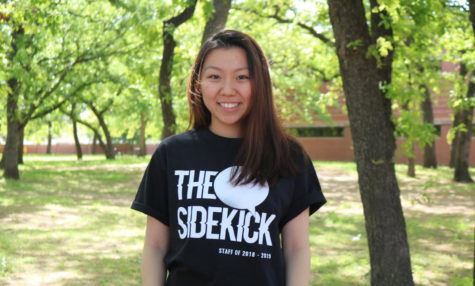
Kelly Wei is a senior staffer, serving her third year as Editor-in-Chief. In her free time, you can probably find her hiding out in a boba cafe with her...



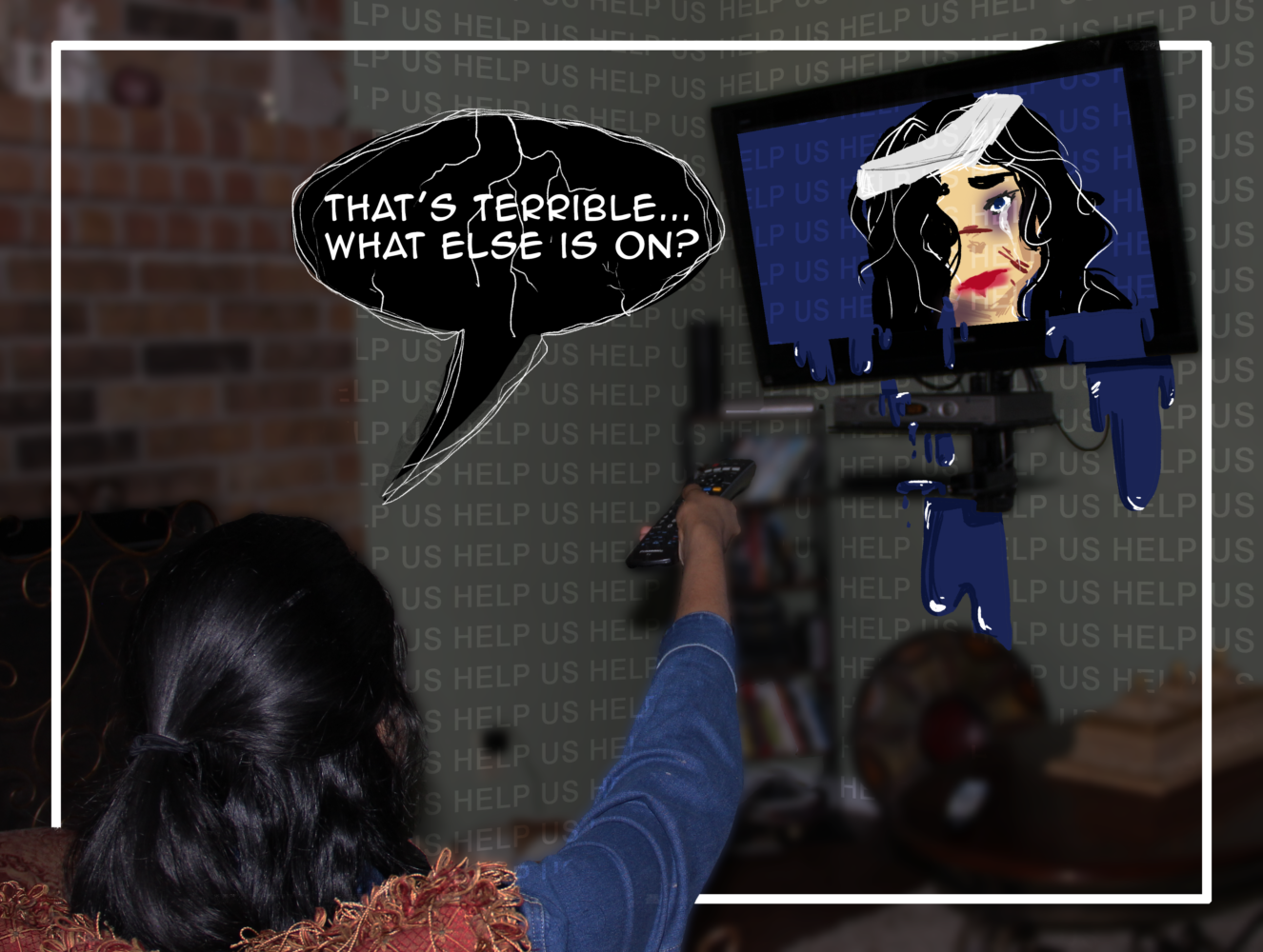
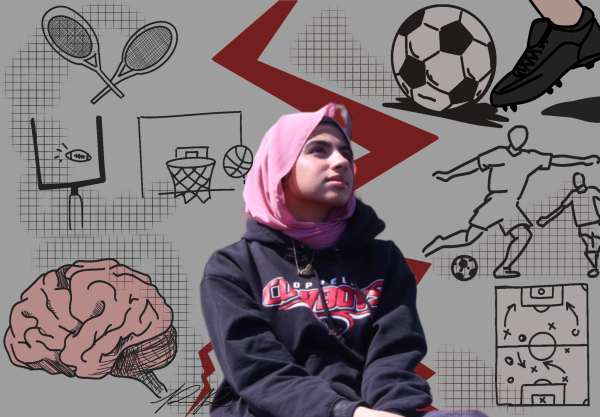
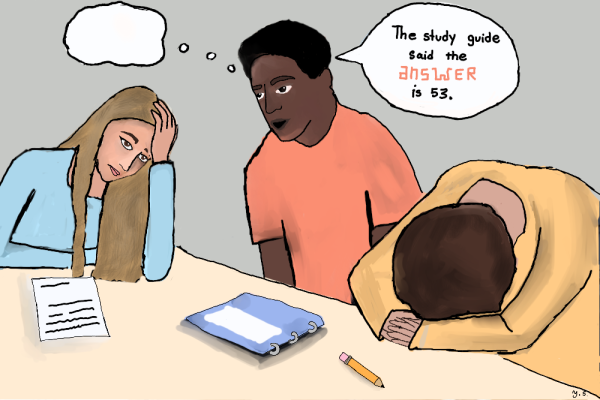
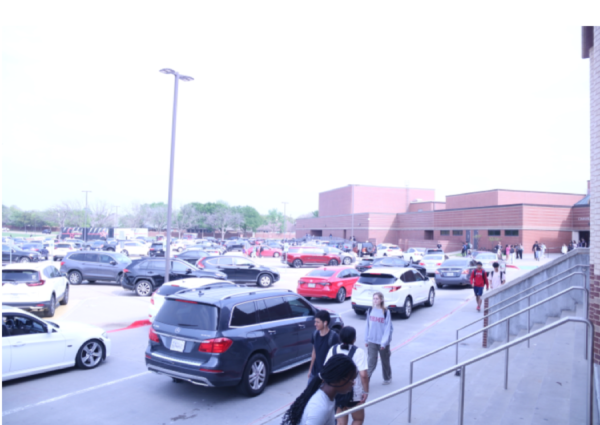
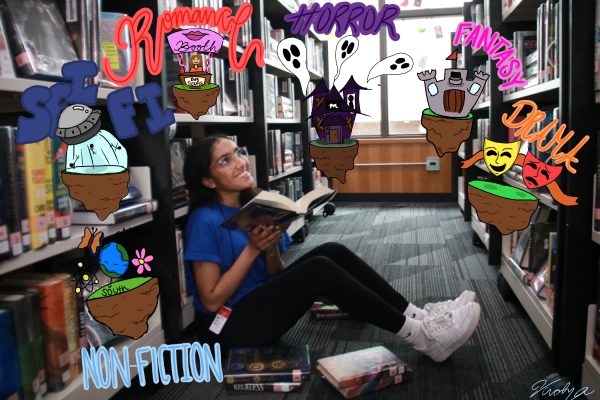
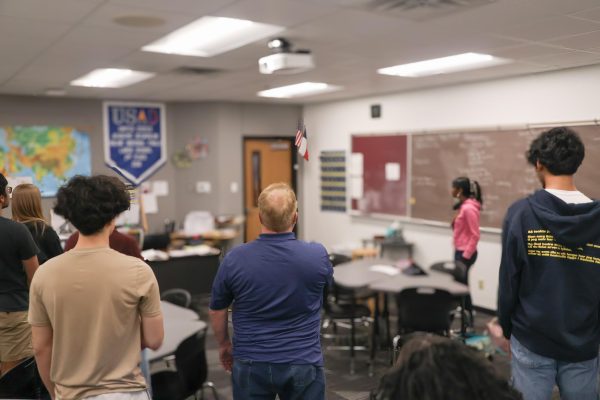
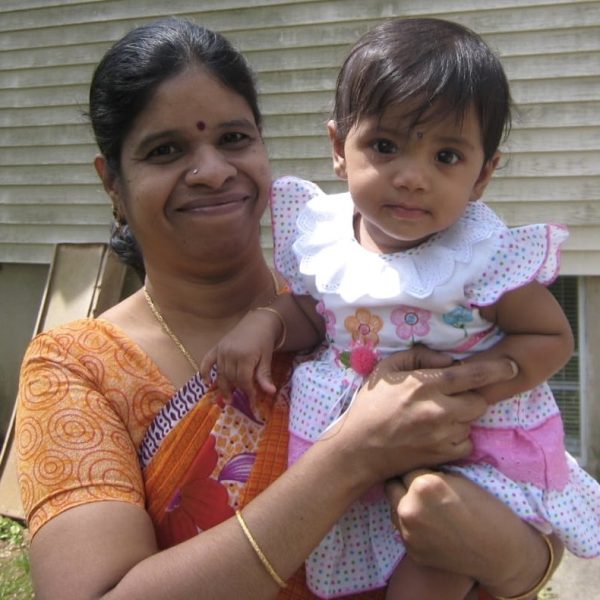


Riley • May 15, 2017 at 10:49 am
Great story!!! Very well written.
Meha Srivastav • May 12, 2017 at 2:14 pm
and cool graphic kelly!!
Meha Srivastav • May 12, 2017 at 2:13 pm
so true and something that really resonates with myself and, i’m sure, many people. written beautifully as usual
Jesse Jun • May 12, 2017 at 1:21 pm
AWESOME STORY BRIANA!! Your writing is so special and I’m always super touched and encouraged by you!
Fiona Koshy • May 12, 2017 at 1:12 pm
This story was so moving and well written. Amazing job Briana!